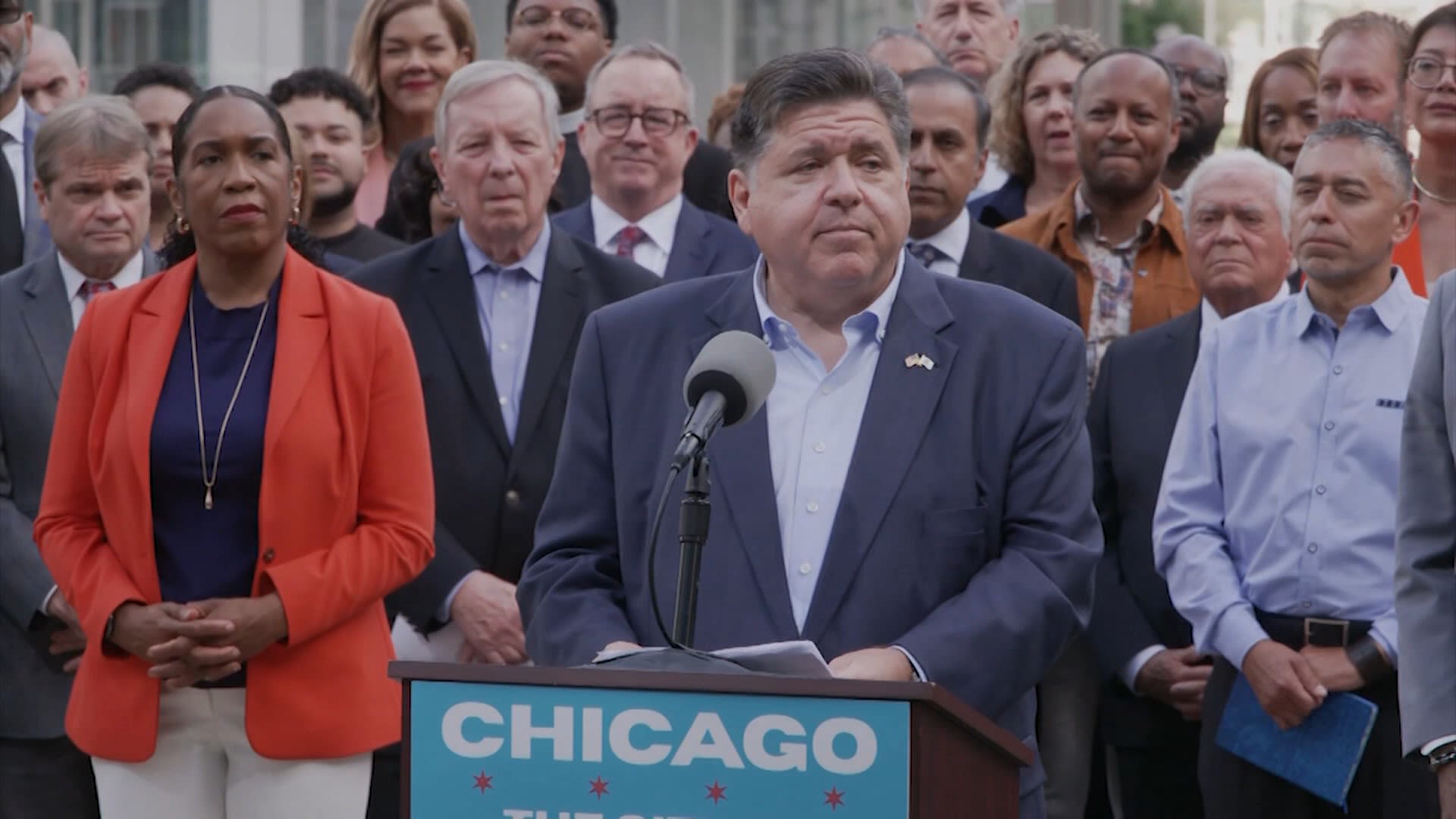Entities mentioned:
- Donald Trump: Power, Recognition, Self-preservation
- Wes Moore: Duty, Professional pride, Self-respect
- Fox News: Influence, Professional pride, Loyalty
- Carter Elliott, IV: Duty, Loyalty, Professional pride
- Mike Johnson: Duty, Professional pride
Article Assessment:
Credibility Score: 85/100
Bias Rating: 45/100 (Center)
Sentiment Score: 35/100
Authoritarianism Risk: 20/100 (Strongly Democratic)
Bias Analysis:
The article presents a balanced view, using video evidence and quotes from both sides. While it does disprove Trump's claim, it does so with factual evidence rather than opinion, maintaining a neutral stance.
Key metric: Public Trust in Government
As a social scientist, I analyze that this article significantly impacts public trust in government by exposing a clear discrepancy between a high-profile political figure's claim and video evidence. The fact that former President Trump's recollection of his interaction with Governor Moore is demonstrably false raises questions about the reliability of political statements and the potential for deliberate misinformation. This incident may lead to increased skepticism among citizens regarding political rhetoric and could potentially erode trust in leadership. The article's presentation of video evidence as a fact-checking mechanism highlights the importance of media oversight in maintaining political accountability, which could have a positive effect on public trust in journalism but a negative effect on trust in political figures.











